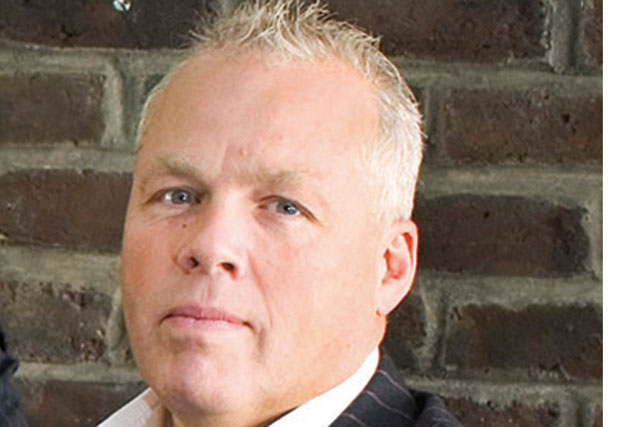Back then, the practical implications of deep discontent with subservience to the creatives were emerging. Ownership of 90 per cent of the budget but none of the decision-making meant that our innate belligerence was harnessed to create the media companies that exist today. There's nothing quite as character forming as having a guitar thrown at your head in a creative's office as retribution for suggesting a shorter commercial might be more cost-effective for the client.
Since that seismic shift, the changes have been, by definition, more gradual, but no less structurally important.
It's a source of pride that today's media agencies have evolved into astute business practitioners that deal with client issues that the pioneers who broke away from full service couldn't have foreseen. Our investment in talent means we have the in-house ability to manage communication disciplines that could reside elsewhere. But they don't; and, in my opinion, if the industry continues to evolve on its current course, they won't.
In an environment where brand image and the need to harness further channels is more pivotal than ever to business health, I have to believe that clients don't actively seek to appoint as many agencies as possible to manage their investment in communication. A lead partner is selected because they have the greatest talent pool in a diverse set of disciplines that reside under one roof. And that's exactly what far-sighted media agencies are busy building.
Social, content, web development, data management and econometrics are more interesting (and profitable) to an industry that has commoditised itself into an unsustainable position in a headlong rush for scale. It's no longer about billings; it's about creating income from housing the widest ever number of skill-sets available to clients.
Is it the return of full service, which is fondly remembered as media and creative living together like an episode of The Waltons? It is an irrelevant question because it's only the agencies that are asking it. Most clients that experienced it first time around are long gone. Media agencies aren't looking to challenge for creative awards, and a D&AD Pencil won't give them as warm a glow as a profitable client that sticks with them across multiple disciplines.
It is these services that we are aspiring to deliver to fulfil a new vision of full service. Communication decisions are now made in an environment where media has the respect of creatives, so let us hope that whoever is in charge is secondary to delivering work that gets us all up in the morning with a smile.
Katherine Levy is away.
Marc Mendoza is the chief executive of MPG Media Contacts.


